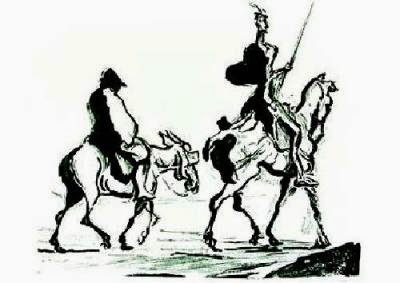- eavesdropper (n.)
- mid-15c., from Middle English eavesdrop, from Old English yfesdrype "place around a house where the rainwater drips off the roof," from eave (q.v.) + drip (v.). Technically, "one who stands at walls or windows to overhear what's going on inside."
Some weeks we have subjects which are difficult in terms of insipration. They feel like hard work. This week, however, our subject is 'eavesdropping' and I had to look no further than the etymology of the word itself to feel inspired.
There are some truly poetic terms in the English language which we use on a regular basis without noticing their origins and real sense. Part of what poets aim to do is to draw those words out of the banalities of common language and help them to shine again. Here are some examples:
Bulldoze - this comes from an earlier noun, bulldose which meant 'a severe beating or lashing', literally 'a dose fit for a bull', a slang word referring to the intimidation beating of black voters (by either blacks or whites) in the chaotic 1876 U.S. presidential election.
Dashboards - these were originally attached to the front of horse-drawn carriages to prevent the driver from being dashed by mud kicked up by the horses.
Gossamer - this was originally 'goose summer' and referred to the Indian Summers which are had in mid-November when the spiders spin frail threads across gardens and goose is eaten on St Martin's Day.
I'd argue that there is plenty of poetry in these words by themselves, once the cultural and historical sense is known. And so much of poetry is found in the recognition of cultural tropes and customs. Translation is as much about finding commonalities between people and places as it is about the language itself.
Eavesdroppers are those who stand at windows, with the rain falling down from the eaves onto their heads. That's quite enough imagery to satisfy me for today.
If you have any nuggets of etymology to share, please post them in the comments below. If you'd like to find out more word origins for yourself, I recommend the Online Etymology Dictionary. For many word lists, including lists of unusual words, visit Scorpio Tales.
 |
| Honoré Daumier's Don Quixote |
1 comments:
Oh I'm off to see that website.
Cheers muchly, I enjoyed this.
Post a Comment